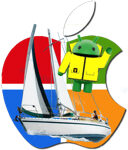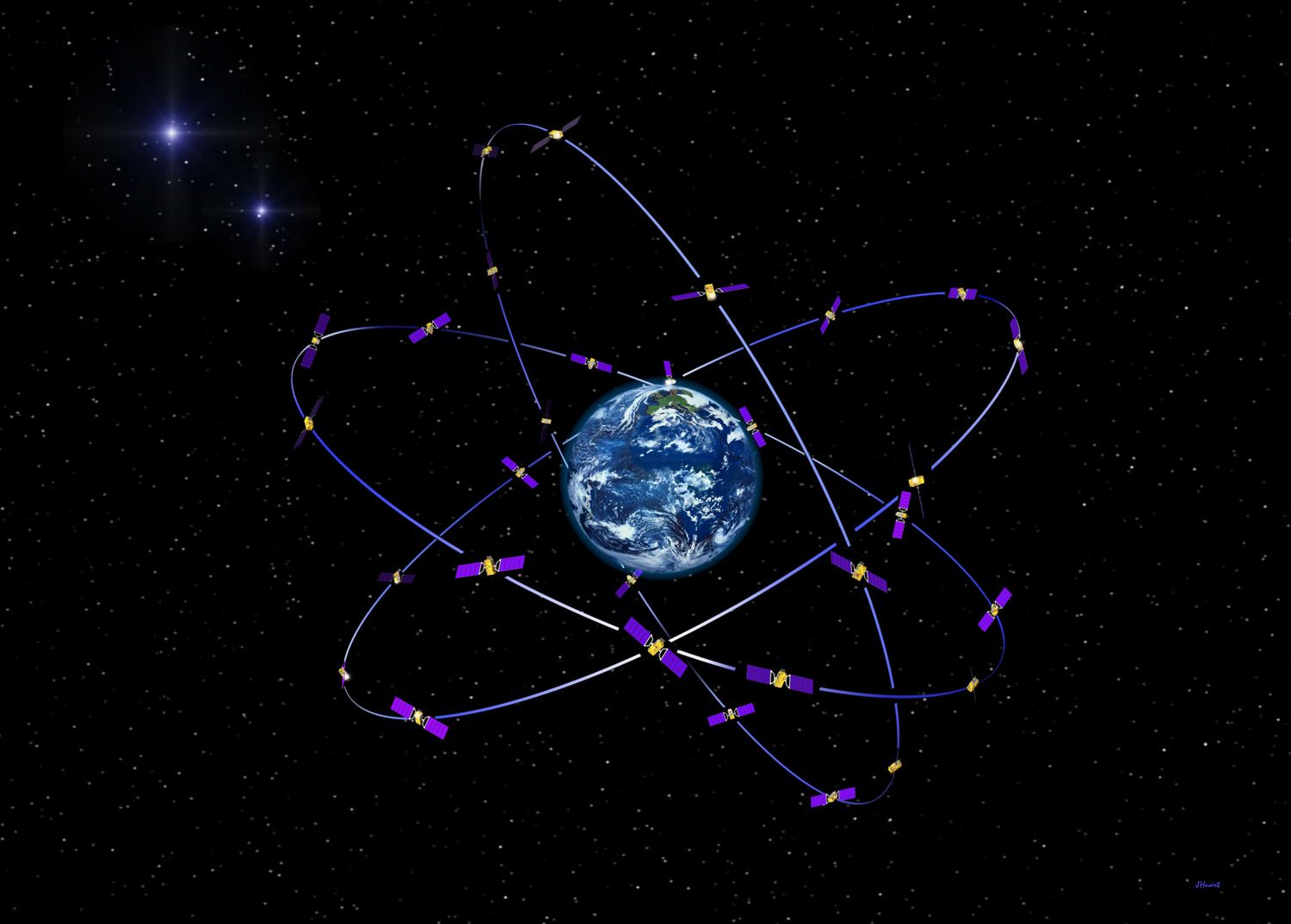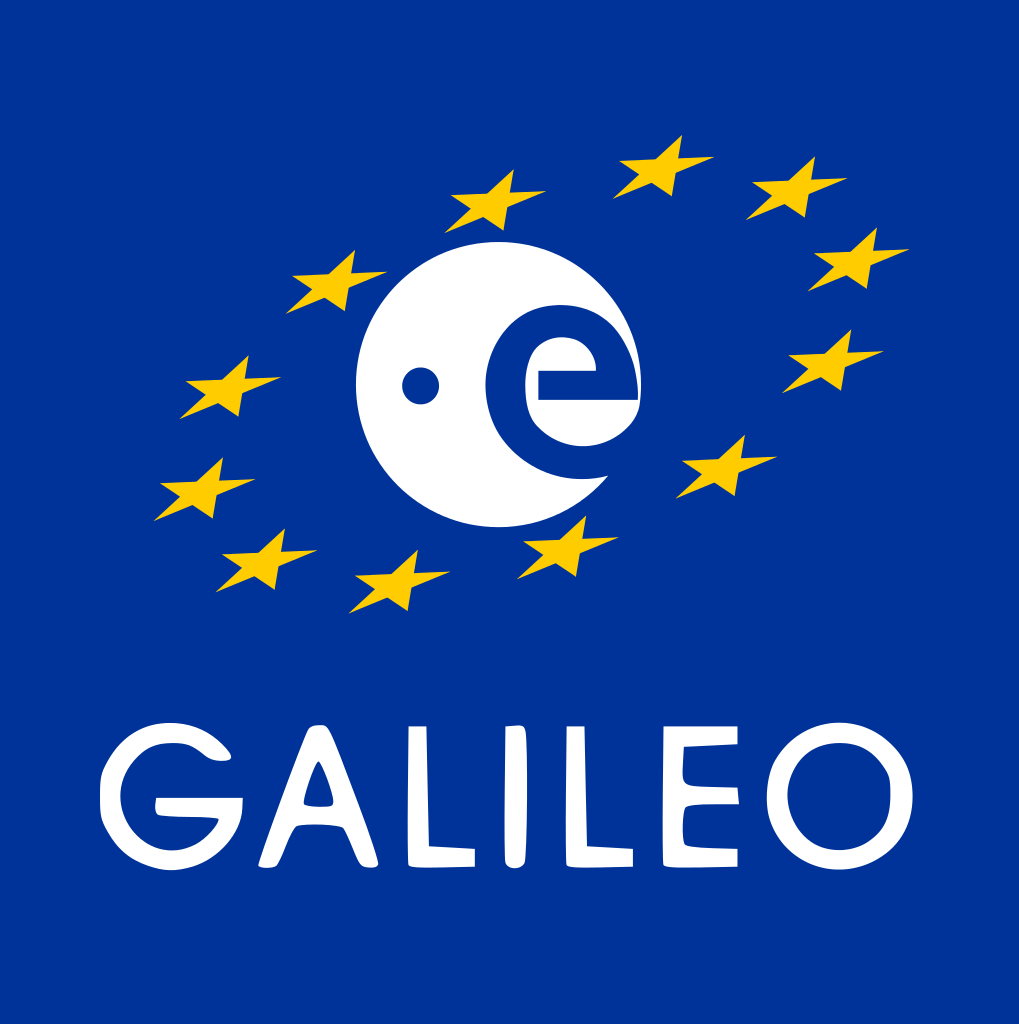 March, the 5 th 2024, the last two satellites launched during the 12th launch of Galileo the 28 th, were officially integrated into the Galileo constellation, thus ensuring the sustainability of all services in orbit.
March, the 5 th 2024, the last two satellites launched during the 12th launch of Galileo the 28 th, were officially integrated into the Galileo constellation, thus ensuring the sustainability of all services in orbit.
Now Galileo has 25 operational satellites out of 30 satellites placed in orbit. 5 satellites being currently considered unusable for some or unavailable for others (¹). Read more …



 Since my first post on GALILEO end 2011 (
Since my first post on GALILEO end 2011 (